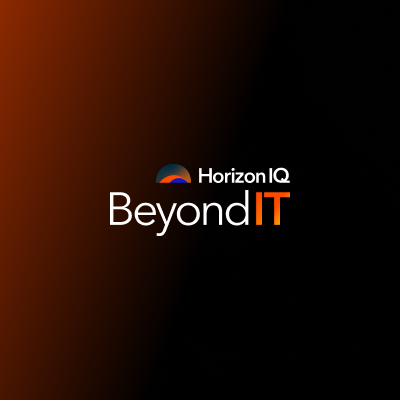
When evaluating public cloud solutions, network is a factor that should not be overlooked. The network permeates through the layers of your infrastructure, from database and storage through the application and management layers. Without a reliable, high availability network, your environment can suffer from latency, poor security and lack of controlled access. To provide an optimal end-user experience, your cloud solution requires the right network capabilities.

Let’s take a look at some network considerations for cloud and how it can affect your infrastructure.
Performance and scale. First and foremost, performance and scale go hand in hand, and latency and network speed can have a drastic impact on both. A reliable, optimized IP service can reduce response time and ensure more consistent application and workload performance. This is especially important for data-intensive workloads that are sensitive to latency. The right network can help you scale to accommodate increased transaction volume and number of users, without compromising the capabilities of your application.
North-south and east-west traffic. North-south refers to the network traffic flowing from your application to the end user, while east-west traffic refers to traffic between servers within your infrastructure. When evaluating network capabilities of cloud providers, you need optimized IP for both types of traffic, as this can affect performance across all areas of your infrastructure.
Location. The right network makes the physical location of your cloud less important. Cloud services are designed to be managed through API or portal interfaces, which reduces the need for physical proximity. With that said, cloud location becomes relevant if you’re trying to target a specific geographic market. Using low-latency Internet transit or additional services such as Content Delivery Network (CDN) and anycast DNS can make the location of the cloud provider less important in these situations.
So what are some specific questions to ask cloud providers regarding network?
- How is customer traffic segmented from seeing each other?
- How easy is it to create/manage network segments (e.g. vlans) on your particular resource pool?
- What networking speeds are offered or guaranteed between hosts, virtual machines or services (such as compute to block storage)?
For more helpful tips, download the white paper and checklist, Cloud: The Essential Buyer’s Guide.


